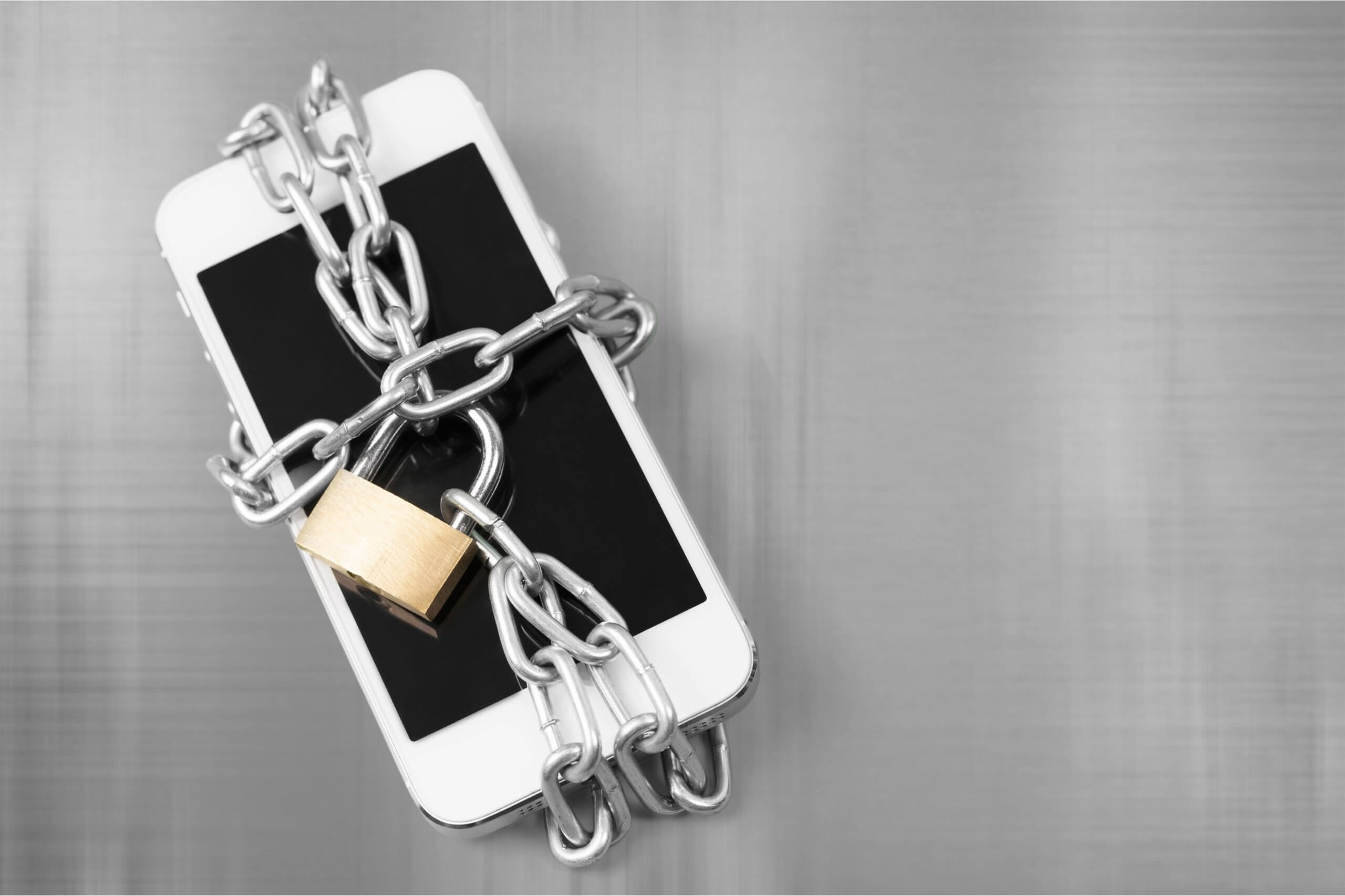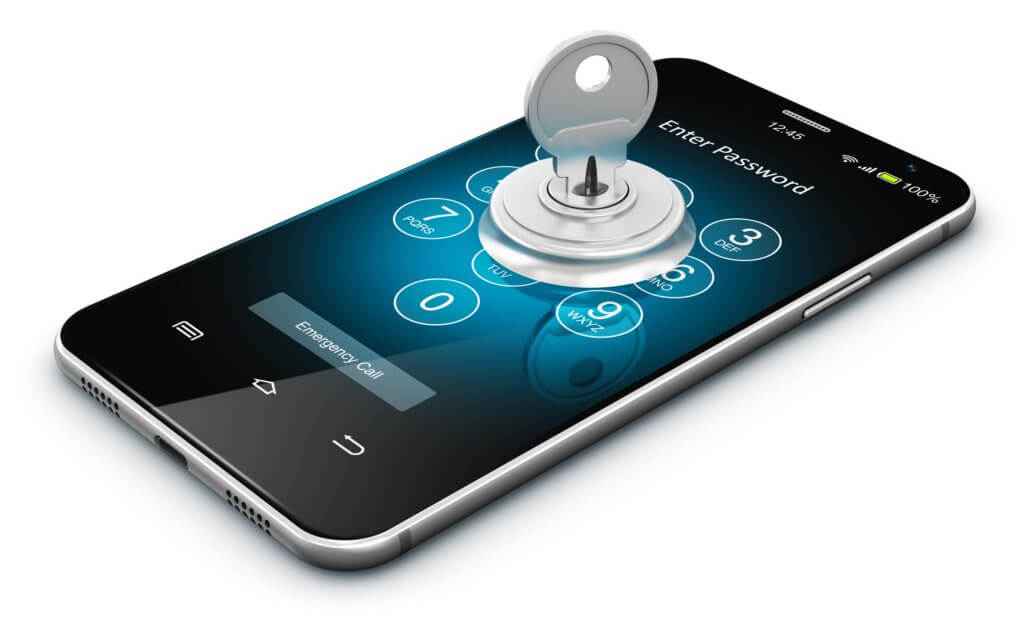Can you sell an iphone that is locked – Can you sell a locked iPhone? It’s a question that pops up frequently, especially when you’re looking to upgrade or just need some extra cash. The truth is, selling a locked iPhone can be tricky, but not impossible. You’ll need to understand the different types of locks and their implications for resale, as well as the potential risks involved for both the buyer and seller.
This article will guide you through the process, covering everything from unlocking your iPhone to exploring alternative options for getting rid of it. We’ll also address the ethical considerations involved in selling a locked iPhone and offer tips for buyers to navigate the potential pitfalls.
Understanding Locked iPhones

Navigating the world of iPhones can be confusing, especially when it comes to the various locks that can restrict their functionality. Understanding these locks is crucial, particularly if you’re planning to buy or sell an iPhone. Let’s delve into the different types of iPhone locks and their implications.
Types of iPhone Locks
There are three main types of locks that can affect an iPhone: activation lock, carrier lock, and iCloud lock.
- Activation Lock: This lock is activated automatically when you set up your iPhone with your Apple ID and password. It’s a security feature that prevents unauthorized access to your device, even if it’s stolen or lost. Once activated, Activation Lock remains in place until you enter your Apple ID and password. This lock prevents anyone from using the device, resetting it, or erasing its data without your permission.
- Carrier Lock: This lock restricts the iPhone from being used on a network other than the one it was originally purchased from. This means that if you buy an iPhone locked to a specific carrier, you cannot use it with a different carrier’s SIM card without unlocking it. Carrier locks are often imposed by mobile carriers to prevent customers from switching to other providers.
- iCloud Lock: This lock is similar to Activation Lock but is specifically activated if you have Find My iPhone enabled on your device. If your iPhone is lost or stolen, you can use iCloud to remotely lock the device, preventing anyone else from accessing your data. This lock is particularly effective in deterring theft, as it renders the iPhone unusable without your Apple ID and password.
Selling a Locked iPhone

Selling a locked iPhone can be a tricky endeavor. While it might seem like a straightforward transaction, understanding the limitations and potential pitfalls is crucial for both the buyer and the seller. A locked iPhone is essentially tied to a specific carrier, meaning it can only be used with that carrier’s SIM card. This significantly restricts its usability and therefore its value.
However, there are still avenues for selling a locked iPhone, although the process might involve some additional steps.
Unlocking a Locked iPhone, Can you sell an iphone that is locked
Unlocking a locked iPhone involves removing the carrier restriction, allowing it to be used with any SIM card. This process can be done through various methods, each with its own advantages and disadvantages. Here are some common methods for unlocking an iPhone:
- Contacting the Carrier: The most straightforward method is to contact the original carrier and request an unlock. This is usually possible after fulfilling certain conditions, such as completing the contract or paying off the device.
- Third-Party Unlock Services: Numerous online services offer iPhone unlocking services. However, caution is advised, as some of these services might be unreliable or even fraudulent. Researching the service thoroughly and checking customer reviews is crucial before engaging their services.
- Using Jailbreaking Tools: Jailbreaking allows users to modify the iPhone’s operating system, potentially enabling unlocking. However, jailbreaking can void the warranty and potentially compromise the device’s security.
Legal and Ethical Considerations
Selling a locked iPhone raises several legal and ethical concerns. It is crucial to be transparent with potential buyers about the device’s locked status and any limitations it might have. Misrepresenting the device’s condition or functionality could be considered unethical and potentially illegal. Moreover, selling a stolen or lost iPhone without proper authorization is illegal and can result in serious consequences.
While a locked iPhone may not fetch the highest price, it’s still possible to find a buyer. If you’re looking to capture the mesmerizing beauty of the Northern Lights, you’ll need the right settings. The iPhone 11 camera settings for northern lights guide provides expert tips for achieving stunning photos. With the right settings, you’ll be ready to showcase your captivating shots, whether you’re selling your iPhone or not.
Ensuring the iPhone’s legitimacy and ownership is crucial before attempting to sell it.
Selling Methods for a Locked iPhone
Despite the limitations, selling a locked iPhone is still possible. However, the selling methods and potential buyers might differ from selling an unlocked iPhone. Here’s a table outlining different methods and their respective considerations:
| Method | Pros | Cons |
|---|---|---|
| Online Marketplaces (eBay, Craigslist) | Wide reach, potential for higher prices | Risk of scams, limited buyer pool for locked iPhones |
| Local Shops (Cellphone Repair Stores) | Convenience, potential for quick sale | Lower prices, limited buyer pool |
| Trading or Selling to Carriers | Potentially higher value if the carrier is the original provider | Limited options, potentially lower value compared to other methods |
Buyer Considerations

Purchasing a locked iPhone can present unique challenges for buyers. While the initial cost may seem appealing, understanding the potential costs and limitations associated with a locked iPhone is crucial before making a purchase.
Unlocking Costs
Unlocking a locked iPhone can be a costly endeavor. The price varies depending on the iPhone model, carrier, and unlocking method. Here’s a breakdown of potential costs:
- Carrier Unlocking: Contacting the original carrier is the most legitimate way to unlock an iPhone. However, unlocking fees can range from $0 to $50 or more, depending on the carrier’s policy and the phone’s age.
- Third-Party Unlocking Services: Numerous third-party services offer iPhone unlocking solutions. However, these services often charge hefty fees, sometimes exceeding $100, and there’s no guarantee of success or security.
- SIM-Unlocking Apps: While some apps claim to unlock iPhones, these methods are often unreliable and may even compromise your device’s security.
Buyer Checklist
Before purchasing a locked iPhone, it’s essential to assess the risks and consider the following factors:
- Carrier Compatibility: Ensure the iPhone is compatible with your preferred carrier. If not, unlocking it might be necessary, incurring additional costs.
- Unlocking Costs: Research the cost of unlocking the iPhone from its current carrier. Consider the potential expense and whether it’s within your budget.
- Seller Reputation: Verify the seller’s credibility and history. Look for reviews or feedback from previous buyers to ensure the device is legitimate and functional.
- Warranty and Support: Understand the warranty status of the iPhone. A locked iPhone might not be eligible for warranty or support from the original carrier.
- Device Condition: Thoroughly inspect the iPhone for any physical damage or signs of malfunction. Test its functionality to ensure it meets your expectations.
Alternatives to Selling a Locked iPhone: Can You Sell An Iphone That Is Locked

Selling a locked iPhone can be challenging, especially if you need to recoup some of your investment. Fortunately, there are alternative options available that might suit your needs better. These options range from trading in your device to donating or recycling it, each with its own advantages and disadvantages.
Trading in Your Locked iPhone
Trading in your locked iPhone is a popular option for getting some value out of it. Many retailers and manufacturers offer trade-in programs where you can exchange your old device for a credit towards a new one. This is a convenient way to upgrade your phone without paying the full price.
- Advantages:
- Easy and Convenient: Trading in your iPhone is a hassle-free process, often requiring you to simply drop off your device at a store or ship it to the retailer.
- Instant Value: You receive instant credit towards a new device or a gift card that you can use for other purchases.
- No Need to Sell: You don’t have to deal with the hassle of finding a buyer and negotiating a price.
- Disadvantages:
- Lower Value: You typically receive less money for a locked iPhone than you would for an unlocked one.
- Limited Options: The trade-in value can vary depending on the retailer and the condition of your device.
- Requirements: Some trade-in programs require your iPhone to be in good working condition and may have restrictions on its age or model.
- Financial Benefits:
- You can receive a significant discount on a new iPhone or other electronics.
- The trade-in value can be used towards other purchases at the retailer.
- Environmental Impact:
- Trading in your iPhone helps to reduce e-waste by giving your device a second life.
- Retailers often recycle or refurbish traded-in devices, further reducing their environmental impact.
Donating Your Locked iPhone
Donating your locked iPhone to a charitable organization can be a fulfilling way to give back to the community. Many organizations accept donated electronics, including iPhones, to support their programs or provide devices to those in need.
- Advantages:
- Tax Deductible: You may be eligible for a tax deduction for donating your iPhone.
- Social Impact: You can make a difference in the lives of others by providing them with a valuable tool.
- Disadvantages:
- No Financial Benefit: You won’t receive any money for donating your iPhone.
- Limited Options: Not all charities accept locked iPhones, and you may need to research organizations that are accepting donations.
- Data Security: You need to ensure that your personal data is deleted from your iPhone before donating it.
- Financial Benefits:
- You may receive a tax deduction for your donation.
- Environmental Impact:
- Donating your iPhone helps to keep it out of landfills, reducing e-waste.
- It provides a valuable resource for those in need, reducing the demand for new devices.
Recycling Your Locked iPhone
Recycling your locked iPhone is a responsible way to dispose of it. Many retailers and electronics recycling companies offer programs where you can drop off your device for proper disposal.
- Advantages:
- Environmentally Friendly: Recycling helps to minimize the environmental impact of electronic waste.
- Responsible Disposal: It ensures that your iPhone is disposed of in a safe and environmentally sound manner.
- Disadvantages:
- No Financial Benefit: You won’t receive any money for recycling your iPhone.
- Limited Options: You may need to find a local recycling center or retailer that accepts iPhones.
- Financial Benefits:
- None.
- Environmental Impact:
- Recycling helps to reduce the amount of e-waste going to landfills.
- It allows for the recovery of valuable materials that can be used to create new products.
Clarifying Questions
What is an activation lock?
Activation lock is a security feature on iPhones that prevents unauthorized access to the device even if it’s wiped. It’s linked to your Apple ID and requires your credentials to be disabled.
Can I sell a locked iPhone to a family member or friend?
Yes, but ensure they understand the implications of buying a locked iPhone and are willing to unlock it if needed.
What are the risks of buying a locked iPhone?
Risks include difficulty unlocking the device, potential scams, and the possibility of the phone being stolen or reported lost.

Whitney Morris is a renowned author with a passion for military history and strategic analysis. Born in Jakarta, Indonesia, Defense developed a deep fascination for warfare and national defense from a young age. His unwavering interest in military strategy, combined with his natural storytelling ability, has earned him a reputation as an engaging and insightful writer in the field.